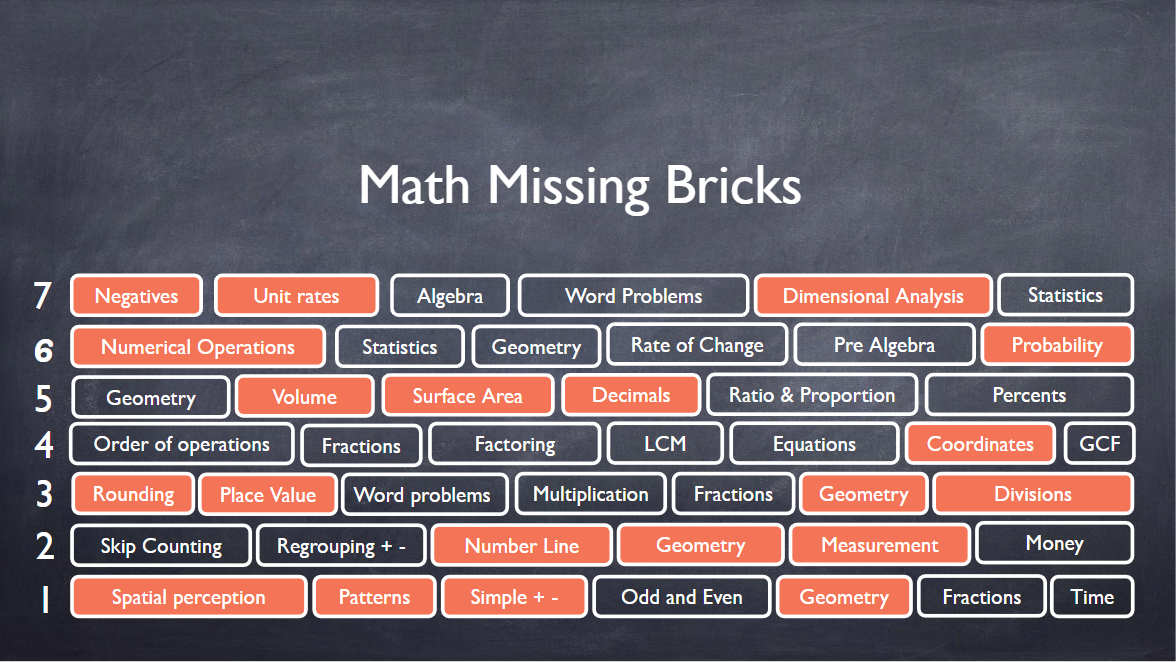When your child gets to fourth grade, they should already be familiar with writing prompts and how to go about answering them, but they will still need to practice. According to the Common Core State Standards Initiative, there are four basic writing prompts for fourth grade students: opinion pieces, informative or explanatory texts, narratives, and short research projects.
 Opinion Prompt
Opinion Prompt
Opinion pieces require your child to think about how they feel about a certain idea or topic and back up their thoughts with facts and logical arguments.An example of an opinion prompt is something like this: Name one class, sport, or club you wish your school offered and explain why it should be available. To answer this, your child first has to come up with an activity and describe how it is beneficial to them or for students as a whole, then come up with a convincing argument on why it should be offered at their school.
For example, they may want to have a book club at their school. To be persuasive, they may explain that it would be helpful to students who love reading, but may not enjoy whatever books they are assigned in class. It would also allow for students to discuss their ideas and feelings about a book they are choosing, building their appreciation for reading in general. The essay would need to be well-organized, and although it may not be a convincing proposal, the ideas should be clearly stated and logical.
Informative Prompt
Informative essays are the most straightforward, where they have to introduce and detail something about a topic. An example of an informative essay would be something like this: Write about your favorite animal. Include interesting facts about this animal in your essay. To answer this, your child will have to pick an animal they like and write about it in detail. This would include things like their habitat, behavior, physical features, and any other facts about them.
For example, they may write about lions, describing their fur and manes, their habitat in the African savannah, how they hunt their prey, and how they raise their cubs. Organization is an important part of this essay; there shouldn’t just be a list of facts, but instead well-constructed paragraphs, like one for their description, one for their hunting behavior, and so on.
Narrative Prompt
A narrative essay will be a story, either real or imagined, they have to tell clearly and with detail. An example of a narrative essay would be like this: If you were the president of the United States for a day, what would you do? To answer this prompt, they would likely detail a full day from start to finish, including a variety of activities that are relevant to this position of power. The things they would do don’t have to be particularly life-changing or politically logical, but they should follow a logical order and make sense for the president.
For example, they may write about how they would spend the morning meeting with all the leaders of the world, have a very fancy lunch in the White House, spend the afternoon making homework illegal, and then sleep in the biggest bed the White House has to offer. Again, these things don’t have to be super impactful, but they should make sense and be an organized story. Their response should include dialogue, such as themselves as the president talking to other leaders or their staff.
Research Prompt
Research projects will require your child to consult sources like books, magazines, or online resources to find out about a topic and then report on it. An example of a research essay would be something like this: Choose a famous person from history or science and write about their lives and contributions. As the name suggests, this prompt requires your child to research a certain person and write about their life. The essay can be organized chronologically, like from this person’s birth, to their career and what they’re famous for, to their death or retirement.
Again, there should not just be a list of facts; your child should write about this person in full paragraphs. Something to keep in mind is that although it can be tempting for your child to Google their chosen person, they may not yet have the skills to know which online sources are legitimate or not. The best way for them to do research is through books or journals, with online sources there to help a bit.
The essential thing about all these prompts is they require a lot more detail and organization than your child has previously needed to give. If your child is having a hard time with their prompts, or with just one kind, a good idea is to enroll them in Reading Genie. At Reading Genie, the teachers provide a variety of engaging prompts for your child to practice writing and give helpful feedback. They will also have the opportunity to have peer reviews with their classmates, building their confidence while showing them where they need to improve.
These prompts can be a lot of fun for your child, even as they get more challenging. Feel free to discuss these topics with your child, or even write responses to the prompts with them. Practice is the best way for them to improve, and you can have fun with them!
Genie Academy offers a range of after-school educational activities for students, encompassing areas such as mathematics, reading, writing, and coding. Held at our New Jersey tutoring centers, our New Jersey writing tutoring program is specifically crafted for students from Pre-Kindergarten to 8th grade. Learn more about our writing tutoring classes in East Brunswick, writing tutoring classes in Hillsborough, writing tutoring classes in Marlboro, writing tutoring classes in South Brunswick, writing tutoring classes in Plainsboro, and writing tutoring classes in South Plainfield.
Source: https://www.thoughtco.com/writing-prompts-fourth-grade-4172492





